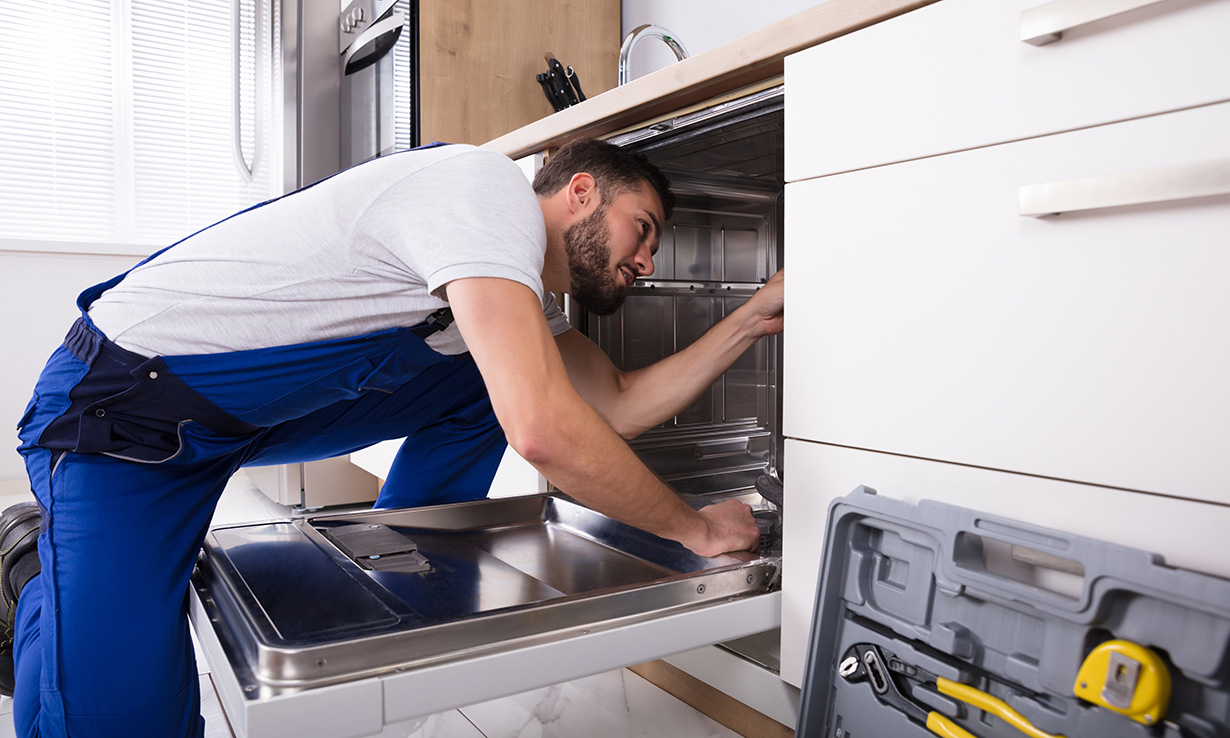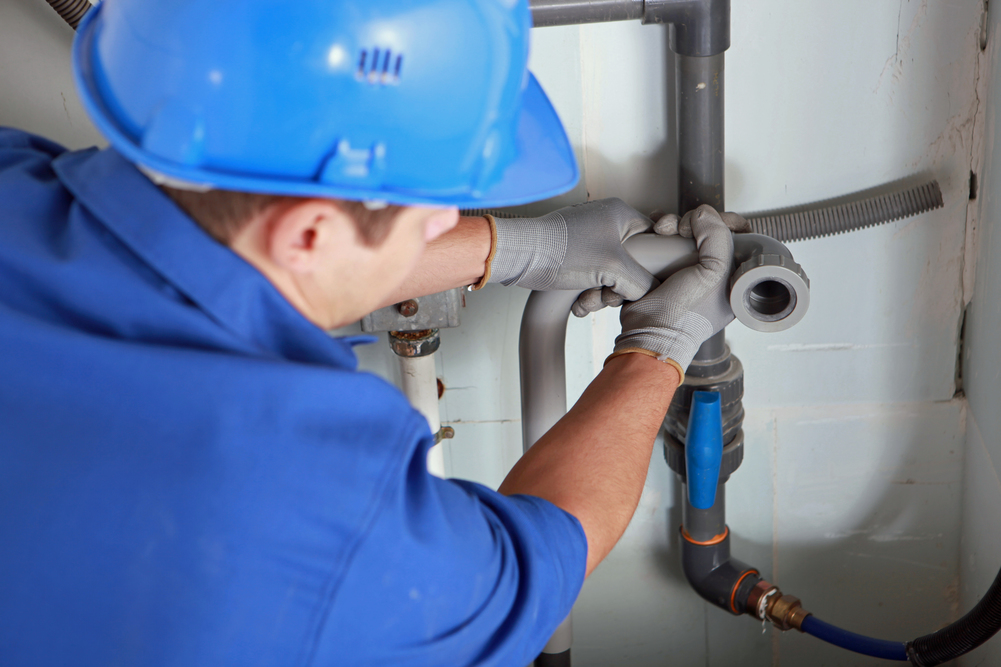Caution: 6 Common Mistakes Which Destroy The Household Plumbing Systems
Caution: 6 Common Mistakes Which Destroy The Household Plumbing Systems
Blog Article
We have uncovered the article about Leak Detection and Repair Without Destroying Your Home listed below on the net and believe it made perfect sense to talk about it with you over here.

The trick to long-term appliances, unsurprisingly, is proper upkeep. There's no set rule that can guarantee your plumbing appliances a lengthy wear, however you can prevent unnecessary damage and repair services by avoiding negative plumbing behaviors.
You need to stop doing these 6 things else you'll keep calling your plumber over for minor faults.
Purging whatever
Yes, your commode drain causes the sewers, yet that doesn't suggest you ought to dispose just anything down the drain. Numerous 'flushable' products are actually excellent blockage starters, as an example dental floss. Asides keeping apparent non-flushable materials like cables as well as plastics out of your toilet, you should also prevent flushing cotton swab, menstrual items, wipes, daipers and prophylactics down the commode drain.
Putting oil in the sink
We understand effectively getting rid of grease after a hearty meal is a pain. However just putting it down the drain can do long-lasting damage to your pipes. "The fat as well as grease can obstruct your drainpipe severely enough to force you to call a plumber," discusses Dawson. "Plumbing works best when it's well cared for-- not abused with oil."
Utilizing way too much drainpipe cleaner
Making use of a drain cleaner greater than once or twice a month is an indicator that something major is going on within your pipelines. Now, as opposed to encountering the primary issue, you go for a quick fix; a fizzy drainpipe cleaner. Rightfully, a drainpipe cleaner will take care of the clog, yet at what price?
The chemicals in a drain cleanser can accelerate the rust of your pipelines. Add that to whatever underlying trouble is causing the blockage and you might need to a significant issue on your hands.
If you experience way too many clogs, call your emergency plumber instead of utilizing a drain cleaner.
Not washing recipes before filling them right into the dish washer
it's called a dishwashing machine, however throwing in meals, pots, as well as frying pans covered in big food bits can actually cause some serious damages to the home appliance, causing long-lasting issues down the line. "Homeowners might need to get their dishwasher fixed more often if they don't wash their recipes before packing, or at least eliminate larger food items," clarifies Audrey Monell, owner of Forrest Anderson Plumbing and Air Conditioner in Glendale, Arizona. "Food that gets stuck on meals creates the dishwasher to work harder, which can wear down components quicker, causing issues."
DIYing every little thing
With plumbing, a stitch in time actually does save 9. You can prevent a fullblown plumbing emergency by calling your plumber at the right time.
You may have discovered a few plumbing hacks from your dad, yet you should recognize where to draw the line and call a professional. For instance, you may have the ability to fix a clog on your own, yet you should not try to transform a pipe. You can inequality pipes or overtighten a bolt, causing more injury as well as damage than you thought. Calling a plumber is a risk-free and economical choice.
Not transforming your dishwasher hose pipes
One simple method to guarantee that you use your dish washer for several years is to replace the hose pipe a minimum of when in five years. This also applies for cleaning maker hoses.
In time, food bits, soap and oil can create blockages within your pipes. Replacing them on time will protect against any kind of presure build up that can harm the internal workings of your dishwashing machine or washing maker.
A reinforced steel intertwined tube does a fantastic job of extending your equipment's usage time.
No winter months safety measures
Extreme weather conditions are bad for your pipes, especially if they're made of steel. You must insulate your exposed pipelines, and your water tank, even if you have a water heater. You ought to also switch off your yard hose shutoff and any other external water channels. These networks are electrical outlets for cold; you pipes can start to ice up from outdoors if you don't.
How Hard Water Damages Your Plumbing and Appliances
Hard water is no stranger to most households across America. This silent invader affects 85% of homes in the United States every day, wreaking havoc on pipes, plumbing fixtures, and water-using appliances.
Should you become a victim of hard water, you must understand exactly what it is and how it affects your plumbing and appliances. This will help you determine the correct measures to put in place to fix or prevent any problems that may arise.
First off, what exactly is “hard” water?
In short, “hard water” is used to describe water that contains relatively high amounts of dissolved minerals, primarily calcium and magnesium, and a host of trace metals. When rainwater falls from the sky (usually in a pure form), it absorbs the hardness minerals from rocks and soil, which changes it from soft to hard water.
What about my plumbing and appliances?
Mineral deposits from hard water can cause buildup on tubs, shower, sinks, faucets. But that’s only a small scratch of the surface. Those minerals can gradually build up inside pipes, fixtures, water heaters, washing machines, and dishwashers. Once they accumulate in those areas, they can clog pipes and create major problems throughout your plumbing system, from reduced water flow to increased pressure on pipes and fixtures.
This limescale buildup might affect some appliances, causing them to operate less efficiently and wear down faster. And the result? Higher energy bills, more (costly) plumbing replacements and repairs, and damaged appliances.
Keep in mind that certain types of plumbing are more susceptible to clogging than others. Copper, PVC, and PEX pipes are more resistant to hard water buildup and corrosion, but they can still get clogged or completely blocked by scale deposits.
How do I know if my water is hard?
White limescale buildup on plumbing fixtures (or any of the other signs mentioned above) is usually a good sign that your water is hard. If you suspect that you have hard water, you can simply shake up a small amount of dish soap and water in a closed container. If the mixture doesn’t create a lot of suds, you probably have hard water.
The most precise method, however, is to test your water with a DIY test kit (sold online or at local home centers or hardware stores) or send a water sample from your tap to a local lab to be tested. Be sure that you understand the nature of the test, the water condition being measured, and the significance of the test results.
Another way to obtain an estimate of water hardness is to check your annual water quality report to see if your water provider has reported any instance(s) of water hardness in your water supply.
https://www.springwellwater.com/how-hard-water-damages-your-plumbing-and-appliances/

Do you really like reading up on Ways to Make Your Pipes Last Longer? Create a remark directly below. We will be pleased to listen to your reactions about this content. We are looking forward to see you back again before long. Are you aware of someone else who is truly interested in Don’t Let an Earthquake Damage Your Plumbing? Take a moment to share it. I truly appreciate reading our article about Don’t Let an Earthquake Damage Your Plumbing.
Top Article Report this page